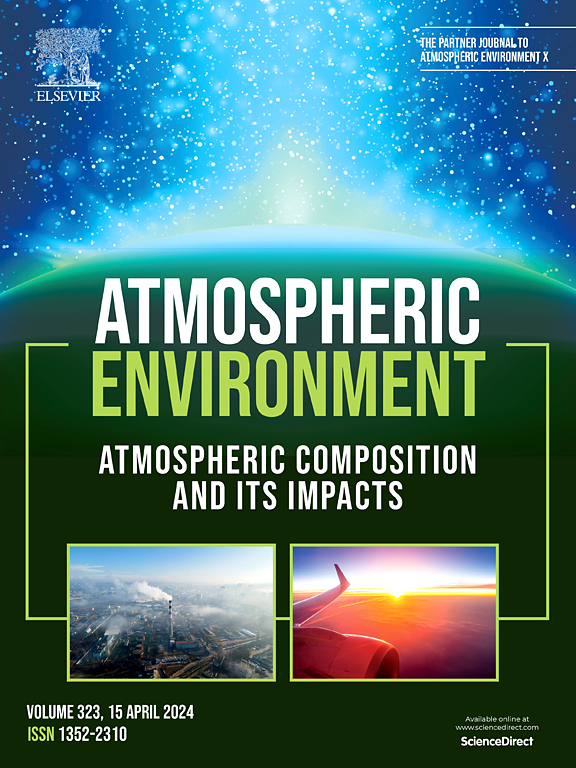Explainable deep learning hybrid modeling framework for total suspended particles concentrations prediction
IF 4.2
2区 环境科学与生态学
Q2 ENVIRONMENTAL SCIENCES
引用次数: 0
Abstract
Total Suspended Particles () is an important indicator of air quality, yet traditional prediction models lack comprehensive consideration of spatio-temporal interactions of different meteorological and air pollution phenomena. To address these limitations, this study introduces an explainable (X) deep hybrid (H) network, integrating Convolutional Neural Networks (CNN) and Bidirectional Gated Recurrent Units (BGRU), for hourly concentration prediction. The model was trained and evaluated using meteorological and air quality data from Canon Hill, Australia. By combining CNN’s spatial feature extraction capabilities with BGRU’s temporal dependencies, the model effectively captures complex spatial–temporal patterns in the data. The X-H-CBGRU model outperforms fifteen competing benchmark models such as deep neural network, extreme learning machine, multilayer perceptron, support vector regression, random forest regression, light gradient boosting, gradient boosting regression, long short-term memory network, as well as their hybrid CNN counterparts in terms of the accuracy evidenced by a lower Root Mean Square Error ( ) and higher Correlation Coefficient ( ) compared to other models. Moreover, the model demonstrates strong probabilistic performance with a high Prediction Interval Coverage Probability ( ) and low Prediction Interval Normalized Average Width ( ), indicating its reliable prediction intervals. To enhance model interpretability, Shapley Additive Explanations (SHAP) and Local Interpretable Model-Agnostic Explanations (LIME) methods were employed, revealing concentration, relative humidity, air temperature, and wind speed as key predictors of concentrations. The Diebold–Mariano statistical test further confirmed the model’s superior performance. This study contributes towards advancing prediction by providing a robust, accurate, and interpretable model which has particular importance in locations such as mining regions. The X-H-CBGRU model holds potential for improving public health protection and informing air pollution mitigation strategies.

求助全文
约1分钟内获得全文
求助全文
来源期刊

Atmospheric Environment
环境科学-环境科学
CiteScore
9.40
自引率
8.00%
发文量
458
审稿时长
53 days
期刊介绍:
Atmospheric Environment has an open access mirror journal Atmospheric Environment: X, sharing the same aims and scope, editorial team, submission system and rigorous peer review.
Atmospheric Environment is the international journal for scientists in different disciplines related to atmospheric composition and its impacts. The journal publishes scientific articles with atmospheric relevance of emissions and depositions of gaseous and particulate compounds, chemical processes and physical effects in the atmosphere, as well as impacts of the changing atmospheric composition on human health, air quality, climate change, and ecosystems.
 求助内容:
求助内容: 应助结果提醒方式:
应助结果提醒方式:


